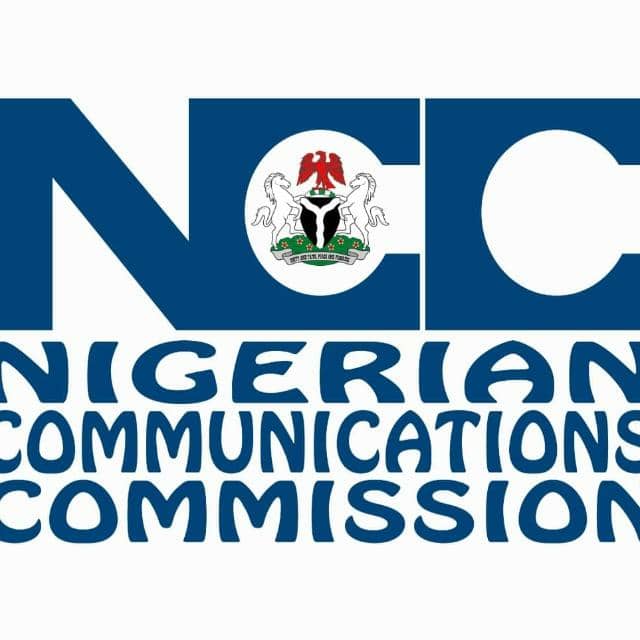
NCC logo
Nigeria Seeks Joint West Africa Regional Protection of Undersea Cables
Following recent undersea cable cuts that challenged connectivities in many countries in the West Afrcan region, Nigeria has called for a coordinated and multilateral approach by the region to protect shared telecommunications infrastructure, and diversify connectivity to ensure uninterruptible connections.
Executive Vice Chairman of the Nigerian Communications Commission (NCC), Dr. Aminu Maida, made the submission in a statement delivered at the 21st West Africa Telecommunications Regulatory Assembly (WATRA) Annual General Meeting (AGM) which held in Freetown, Sierra Leone, from the 19th to 22nd March 2024.
Dr. Maida, whose message was delivered at the WATRA AGM by the Deputy Director, Public Affairs of the Commission, Nnenna Ukoha, stated that the recent submarine cable cuts that resulted in nationwide outages on multiple networks in 12 African countries has raised the urgent need for the subregion to establish a mechanism to protect itself from damage to submarine infrastructure and its attendant impact on the subregion.
Maida referred to a report by Cloudflare, an IT service management firm, which indicates that about six countries, including four West African countries, were still suffering from the outages caused by the submarine cable cuts, to buttress the call.
“Securing telecom infrastructure is paramount for fostering Foreign Direct Investment (FDI) and enhancing investor confidence in the West African sub-region. The reliability and resilience of telecommunications networks are crucial factors that investors consider when evaluating regional opportunities.
“By ensuring the security of these vital assets, we can attract more investment, spur economic growth, and enhance our competitiveness on the global stage. A secure telecoms infrastructure not only facilitates efficient communication and connectivity but also signals a commitment to safeguarding critical assets essential for business operations. This assurance can significantly boost investor confidence and create a conducive environment for sustainable economic development,” he said.
According to him, “the impact of events like cable cuts highlights the need for a coordinated, multilateral approach to protecting shared infrastructure across our member nations.”
Maida therefore, proposed “the urgent need to set up a framework for joint monitoring, risk mitigation, and emergency response procedures for the submarine cables that pass through the sub-region.
“Further to this, we recommend that the WATRA Working Group on Infrastructure expand its mandate to spearhead the development of a comprehensive strategy to safeguard the subregion’s telecommunications networks and associated infrastructure thereby proactively bolstering resilience through improved disaster response protocols to better insulate ourselves from future disruptions.”
He advised that the goals of the Working Group would be to strengthen sub-regional infrastructure resilience, promote the diversification of the sub-region’s connectivity, conduct regular capacity assessments, as well as facilitate the designation of telecommunications infrastructure as critical national infrastructure in member countries.
The West Africa Telecommunications Regulators Assembly, was established in 2002 as a common platform for national telecommunication regulatory authorities in 16 member states to promote the adoption of regulations that stimulate investment in telecommunication infrastructure to deliver more affordable, accessible, faster and secure communication services to citizens.
At the 21st WATRA Annual General Meeting, issues pertaining to accessible and affordable telecommunication services in the sub-region were discussed, including improved consumer protection, quality of service, roaming and conflict resolution for consumers.
A major highlight of the AGM was the reelection of Nigeria’s Engr. Yusuf Aliyu Aboki, as Executive Secretary, for a second term in a unanimous vote by the member countries.
The EVC of NCC commended Engr. Aboki for his firm, inclusive and visionary leadership, which saw the successful delivery of WATRA’s 2022 — 2025 Strategic Plan, noting that Nigeria and indeed the sub-region was proud of the milestones he has achieved during his first tenure.
He further advised the WATRA Executive Secretary to build on the achievements of his first tenure, through stronger partnerships and deeper collaboration while advancing the interests of the sub-regional body.
